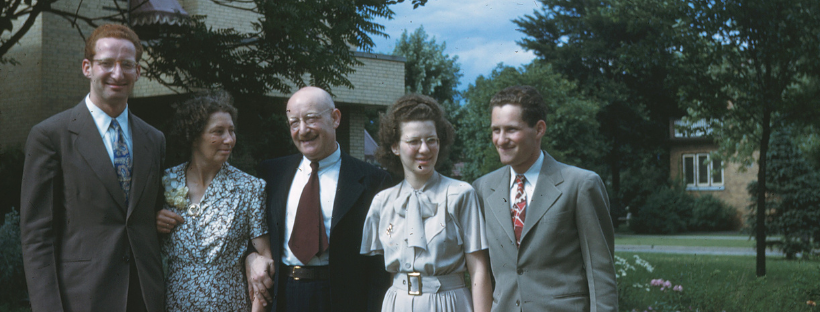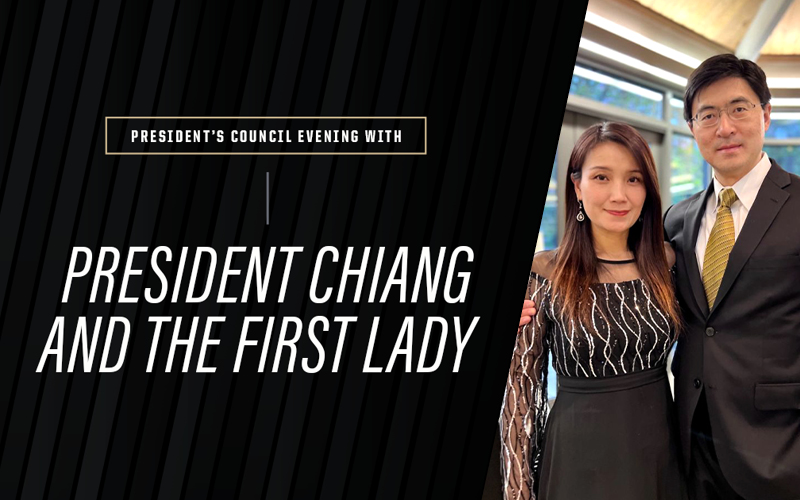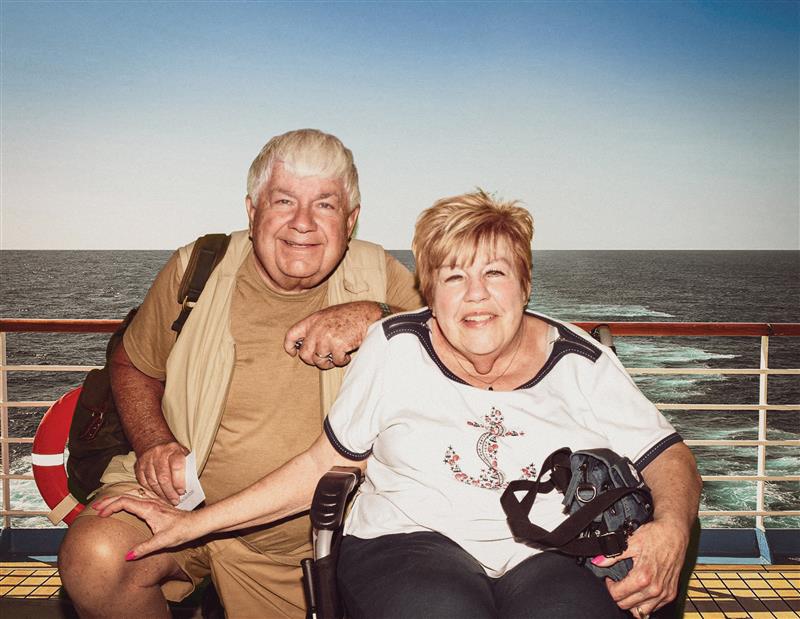A first-generation American, Ron Wormser is thankful his father’s family was able to leave Germany after a stern warning to do so in 1938. His grandparents, Arthur and Hedwig “Hedie” Wormser, and their three children, Hans, Eric, and Eva stayed with family in England for four months before emigrating to the United States. While living in Germany, Arthur held a doctorate in engineering and was president of a printing press company; Hedie was a homemaker. The couple had been well-respected members of the Jewish community before the Nazis came to power. After crossing the Atlantic, they settled in the Chicago area where Arthur was able to find comparable work to his previous profession. Their children quickly learned English, completed their high school educations in Chicago, and impressively earned bachelor’s degrees from Purdue. Hans obtained his BS in Mechanical Engineering in 1944, Eric earned his BS from the College of Science in 1946, and Eva received her BS from the College of Science in 1952.
Ron’s father Hans was drafted in 1944 and served the U.S. Occupation Forces in Fulda, Germany for a year—which was less than 100km from his boyhood home. He served in the U.S. Army until 1946 and retired from the Army Reserves thirty years later as a full colonel. He also enjoyed a successful career as a mechanical engineer. Hans was internationally known for his work with variable speed controls and obtained ten U.S. patents during his tenure.
Hans’ younger brother, Eric, was a chemical engineer and eventually a CEO of a roofing materials manufacturer. Eva, the youngest of the three siblings, earned a Ph.D. in biochemistry from the University of California, Berkeley, and worked for the U.S. government. Ron states, “My grandparents passed on to their children, who passed on to their children, an ethic of hard work, care for family, lifelong learning, respect for others, and giving back to the community.”
Wanting to keep the Wormser name alive while paying it forward, Ron decided to honor his family’s legacy by establishing the Wormser Family Scholarship which will support students in the College of Engineering. Based on academic merit, preference shall be given to first-generation students who are civic-minded and have a history of community-service involvement.
Ron says, “There aren’t enough engineers and teachers in the world—we need more problem solvers.”
Ron, we couldn’t agree with you more. //

From left to right: Eric, Hedie, Arthur, Eva, and Hans Wormser

